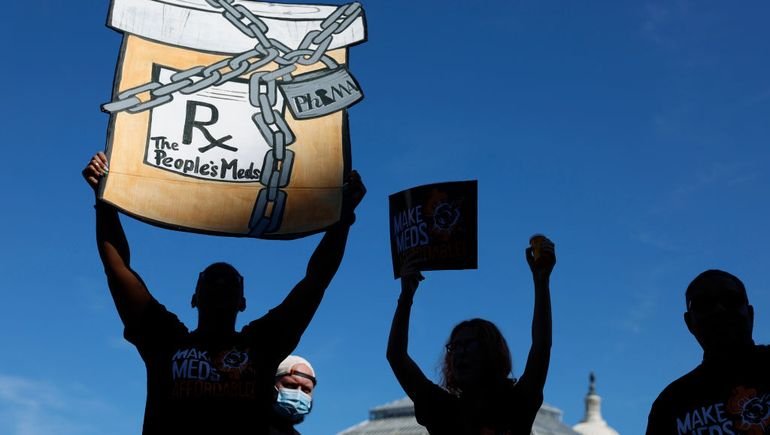PBMs could soon feel the regulatory sting

Amid ongoing implementation of drug pricing provisions in the Inflation Reduction Act, bipartisan momentum is growing across federal and state governments to further address the problem — this time through regulation of pharmacy benefit managers.
Two prominent congressional committees last week advanced separate legislative packages aimed at reforming how PBMs negotiate prices, piling on to the lengthening list of proposals across the House and Senate targeting the middlemen and heightening chances that federal reforms could be enacted this year.
The Senate Finance Committee, which oversees Medicare and Medicaid, passed a bill 25-1 that delinks rebate and fee structures from the list prices of drugs to disincentivize PBMs to include more expensive drugs on formulary lists. It also would prevent the intermediaries from charging Medicaid more for prescription drugs than they pay, a practice known as spread pricing, and would boost biosimilar uptake by allowing private insurers with Medicare plans to add the drugs to formularies midyear.
Across the Capitol, the House Ways and Means Committee pushed forward a separate package that would increase transparency and reporting requirements for PBMs. It joins other legislative proposals passed by the House Committee on Energy and Commerce and the Committee on Education and the Workforce this spring.
PBM consolidation
5 out of 6
Senate Majority Leader Chuck Schumer has expressed interest in combining his chamber’s PBM reform bill with an extension of the $35 monthly out-of-pocket insulin cap from the Inflation Reduction Act to commercial insurance and hopes to bring it to a vote before fall.
While there’s broad bipartisan support for the PBM measures, it’s unclear whether a bill tied to insulin could garner enough Republican votes. Either way, the path toward enactment could take several more months, as the House and Senate need to reconcile differences in their bills before passing a final version.
Meanwhile, federal agencies have also showed interest in clamping down on the drug middlemen.
In a 3-0 vote last month, the FTC backed away from prior statements that opposed oversight of PBMs, noting “concerns about how PBMs may be using market power to undermine competition from independent pharmacies,” and the impact of PBM rebates on drug prices.
The comments followed an inquiry the commission launched last year and expanded in May, scrutinizing integration in the industry and its impact on prescription drug access and affordability.
Around the country, state legislatures are also cracking the whip against drug middlemen. So far this year, 43 states have introduced 137 bills to regulate PBMs, and 17 of those have been enacted. Some have already been subject to lawsuits.
The Pharmaceutical Care Management Association, a PBM trade group, sued Oklahoma alleging that its Patient’s Right to Pharmacy Choice Act violated federal law. A district court initially ruled in favor of Oklahoma but the case was appealed to the 10th Circuit.
Regulatory crackdown
35
17
Oklahoma in April also sued CVS Caremark — one of the country’s three largest PBMs — for violating the law after it denied patients the option of filling a 90-day prescription.
PCMA has outspokenly opposed the federal and state measures aimed at reining in PBMs, arguing that they benefit “Big Pharma by weakening pharmacy benefit companies’ ability to lower costs for drugs that already have patent protections and monopoly pricing.”
On the other hand, PhRMA, the main lobbying group for drugmakers, has largely applauded the legislative efforts, blaming PBMs for charging more for prescription drugs and making medicines less affordable.
Source link
#PBMs #feel #regulatory #sting